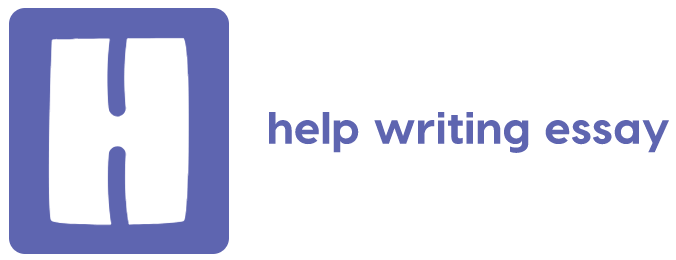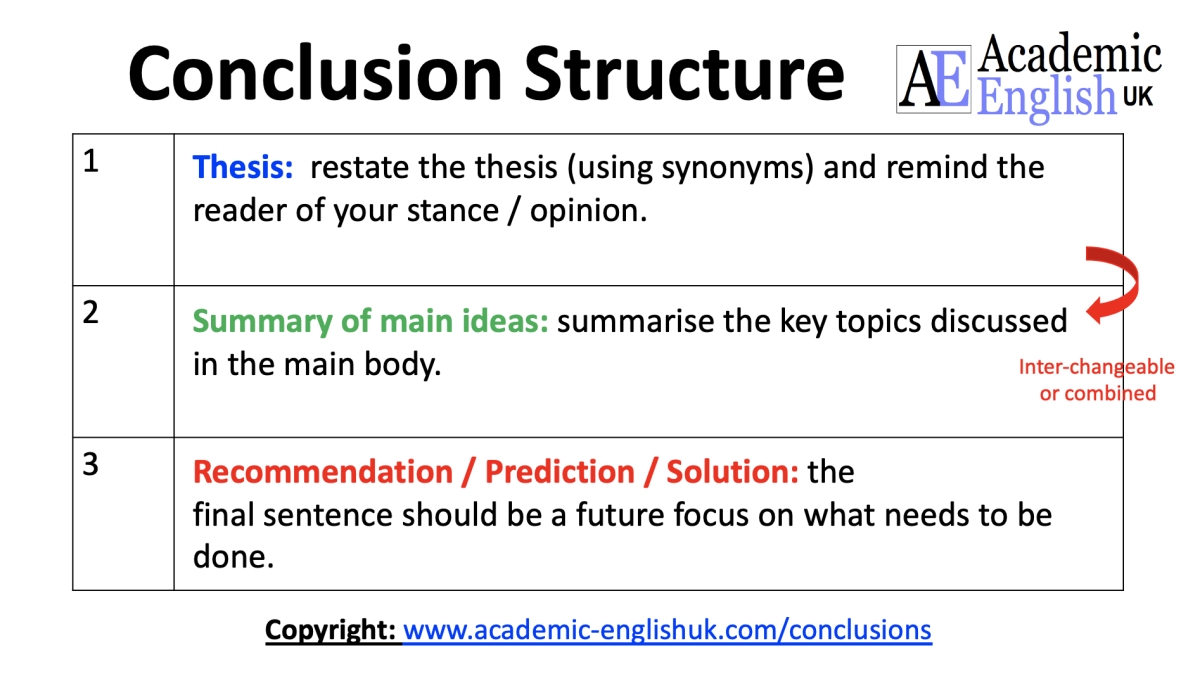A well-written essay should conclude by highlighting the significance of the argument and making a strong, decisive statement. The conclusion should leave the reader with a lasting interest in the topic. Accessibility tools can improve the quality of life for people with disabilities and shift the perspectives of non-users. However, it is important to avoid some common mistakes while writing the conclusion. Avoid paraphrasing the thesis statement or stating a contrary opinion to that of the essay’s thesis.
Avoiding excessive emotionality
Avoiding excessive emotionality when concluding your essay is essential in presenting your argument. Use questions to guide your response to an essay. For example, you can answer an essay with a question about the significance of an individual word or phrase. This will help the reader to determine whether the term is relevant to the entire argument or to a specific section. Alternatively, you can simply restate your argument in the form of a question.
Rephrasing your argument
As you begin to write the conclusion paragraph, rephrase your main points to emphasize the importance of your topic and the legitimacy of your side of the debate. If your essay concerns the history of the Braille system, for example, you might rephrase your thesis statement to read, “Each citizen has a responsibility to keep our city from turning into a landfill.” This will emphasize the importance of your topic by creating a negative image in your readers’ minds.
You can use several sources to rephrase the same point. Often, rephrasing involves combining quotes and commentary with different word choices to create a more personal tone. When you rephrase, you should be careful not to copy the original material verbatim. Make sure the rephrased passage incorporates your own tone and structure. Don’t forget to add a reference to the original material.
Sticking to the scope of the topic
As with the introduction, the conclusion should remain within the topic. If there are multiple points you want to cover, leave them in the body of the essay. For example, you don’t need to discuss the origin of chocolate if it is irrelevant to the main point of the essay. However, it is a good idea to include the major points of the essay in the conclusion. You can check the example sentences using a sentence summarizer.
Avoiding paraphrasing of the thesis statement
When concluding an essay, it is best to stick with the main idea or thesis statement and avoid any tangents. The final paragraph or two should wrap up the arguments and provide closure. The conclusion should also link back to the introduction and connect readers to the main point. Here are some tips to follow:
First, avoid beginning the conclusion with a phrase such as “in conclusion.” This is overused and ineffective. In conclusion, the writer should cite concrete details that support the main idea. Then, the conclusion should tie back to the first sentence. If you do this well, you will meet the goal of both the topic sentence and the transition. That way, your conclusion will serve as both a summary and a concluding paragraph.
Including a small detail about yourself
Unlike research papers, essays about yourself do not rely on any external research material. Instead, the writer uses an anecdote or personal story to shed light on his/her experiences and attributes. A personal essay is an exploration of the writer’s own life and should be descriptive, exploratory, and thoughtful. Below are some examples of personal essays and how you can approach them.
Before you start writing an essay about yourself, prepare your ideas, structure it, and determine the audience. You may use the theme provided by your instructor, or select a topic of your own. However, it is recommended to choose a topic that is personal to you and captures your wide perspective. When deciding on a topic, consider the positive and negative aspects of your experience and write about it in a way that readers can understand and relate to it.

